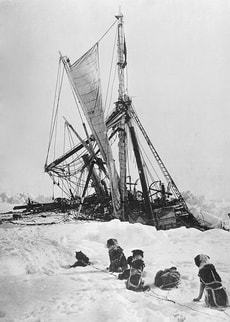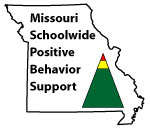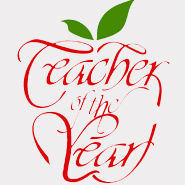
We can only imagine the ordeal - a wooden ship, laden with supplies and men, intended to stand up to the icy waters. As the temperatures dropped below zero and into the double-digit negative numbers, standing on deck could be deadly. For months, the crew had to wait for ice to melt and break up before they could continue moving the ship into position.
At some points in the expedition, the boilers were extinguished as Shackleton knew forward progress was futile. They would have to drift with the ice that penned them in place. We can only imagine the sounds of the ice against the sides of the vessel - the groans of the ice as pressed tighter and tighter against the wood. The eerie scraping sounds of the huge ice floes as they became thicker and thicker with the sub-zero weather.
It would be natural to worry about the safety of the ship. Could it stand up to the stress caused by the pressure waves that pressed the ice floes, squeezing the ship even tighter. On October 24, 1915, a large mass of ice slammed into the stern, tearing the sternpost away from the hull planking. Around the same time, the bow planking caved in. Water flooded into the engine room and the forward hold. Manual and steam-powered pumps failed in their efforts. Three days later, with the ship listing significantly against the ice, and their relentless efforts to fight nature, Shackleton finally gave the order to abandon ship.
The men were adrift on an island of ice. They were even able to visit the ship to salvage some much-needed supplies. Sadly, there was too much to carry when Shackleton realized their only hope was to move to the other side of the floe. He ordered the crew to work through all of their belongings to determine which items they could carry. He would only allow them to carry two pounds each.
It was a little bit like attending their own funerals as they separated, dug holes in the snow, and buried their possessions - tied bundles of letters from their wives, trinkets and keepsakes they had gotten in England before leaving. Sentimental things. Personal things. The only personal items they could possibly carry were little lightweight photos of their wives and sweethearts.
At the same time, Shackleton wondered what he should do with the ship’s Bible. Bury it or carry it? A gift from Queen Alexandra, it was too heavy to take along, but how could he abandon such an important item? One of the other men retrieved the Bible in hopes of staving off bad luck, but for now in a heart-wrenching decision, Shackleton compromised and tore a single page from the Bible.
Sixty-six books. Two Testaments. History, poetry, prophecy, Gospel, letters, and revelations. Which page would you choose? His selection may surprise you. Stranded and isolated on an island of snow and ice, all around seemed hopeless. Nothing but white and cold. Which page would you choose?
In fact, it calls to mind the entirety of God's reply to a very distressed man in Job 38 and 39. Let's just pull out chapter 38 for now:
Then the Lord answered Job from the whirlwind and said, | Who set its measurements? Since you know. |
“Or who enclosed the sea with doors | And I said, ‘As far as this point you shall come, but no farther; |
So that it would take hold of the ends of the earth, | Their light is withheld from the wicked, |
“Have you entered the springs of the sea, | “Where is the way to the dwelling of light? |
Have you entered the storehouses of the snow, | To bring rain on a land without people, |
From whose womb has come the ice? | Can you bring out a constellation in its season, |
“Can you raise your voice to the clouds, | When the dust hardens into a mass |
Here is a place in Biblical history in which God challenges Job to look at nature and learn from it. They need to - just like we need to - look out the window, feel the wind against the door, admire the snow, respect the cold, and stand in awe before their Creator.
We might be tempted to be like the thin, hungry boy trudging through the cold, looking for food. Looking up to see fresh flakes falling, he begins to cry. Wringing his frozen hands, the boy cries, “It snows! It snows!”
Or perhaps we are like the warm boy who looks at the same snow through the window of his house. Hearing the jingling bells of a sleigh and seeing his friends playing in the drifts, the boy claps his hands and shouts, “It snows! It snows!”
Two boys experiencing the same thing, but showing entirely different emotions. Shackleton could have chosen different verses out of Queen Alexandra’s Bible. His selection was an interesting one. He could have chosen a page that describes God as a source of comfort and joy, or he might have chosen something that shows God to be a consuming fire and a source of great sorrow for the convicted. Snow, like God, can be a blessing or a curse. It is either beautiful or it is treacherous. We have seen and no doubt understood both. The storm is only a storm for the one on the outside looking in.






































